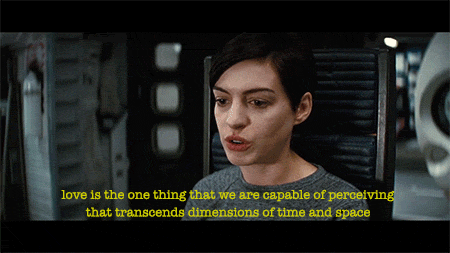It's as much a chemical reaction as anything else we feel. Everyone is (as far a we know) a series of chemical reactions chained together to create a continuous consciousness. But being human, we apply value and meaning and purpose to things that lack them (everything really). That generally includes love.
I don't buy that. Yeah, love in the philosophical sense is a human construct, and some cultures will foster and create their own brand of love; but love as a feeling, a type of intamacy is programmed into us. I think the thing you're talking about is romanticism (or what led to it) and it wasn't exclusively (or even primarily) about love. That world view, which very much continues to tint our modern day perception of love, is a social construct.
Also what you're saying only makes sense if marriage and love are european creations that were then exported around the world, as opposed to something that happens naturally as a result of humans living together.
I remember my mom once explained us the origins of romantic love, between two unrelated people, in this case a man and a woman like 600 years ago.
I really don't know the details, but it's been said that there was a time where marriages were exclusively a deal between families, and they had little or nothing to do with afection or love.
then the troubadours of the middle age with their songs and poems started giving shape or form to certain feelings (what we call love nowadays) that weren't really the standard in society, thus giving people new ideas about feelings.
in short: Love is a human invention, just like religion, it's not an instinct and not something that would be there even if noone talked about it.
like religion, some people don't believe in it, some people misuse it and other make the best out of it.
up to you do decide to make a powerful, beautiful lie or a useless lie out of it.
I don't buy that. Yeah, love in the philosophical sense is a human construct, and some cultures will foster and create their own brand of love; but love as a feeling, a type of intamacy is programmed into us. I think the thing you're talking about is romanticism (or what led to it) and it wasn't exclusively (or even primarily) about love. That world view, which very much continues to tint our modern day perception of love, is a social construct.
Also what you're saying only makes sense if marriage and love are european creations that were then exported around the world, as opposed to something that happens naturally as a result of humans living together.

